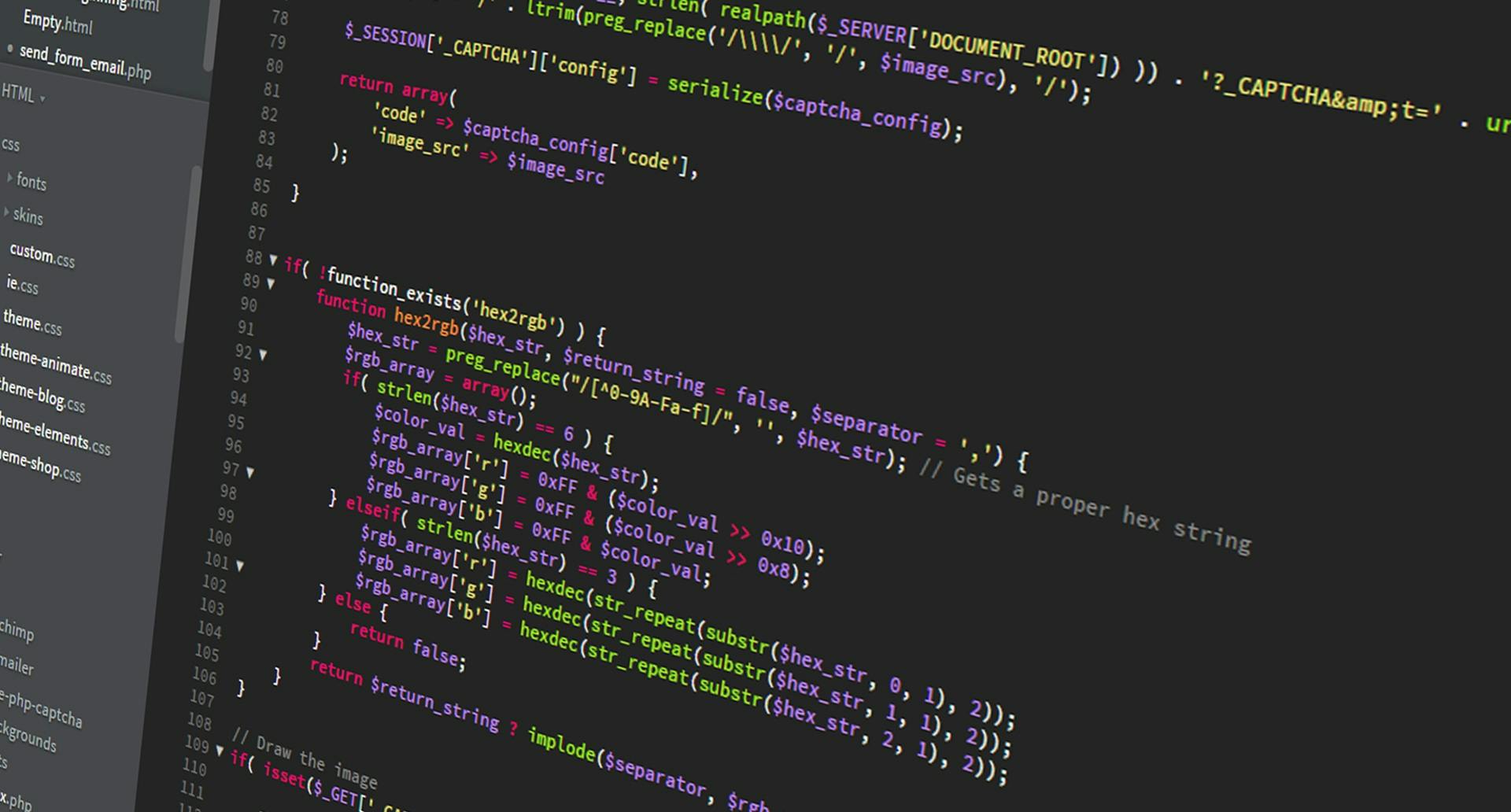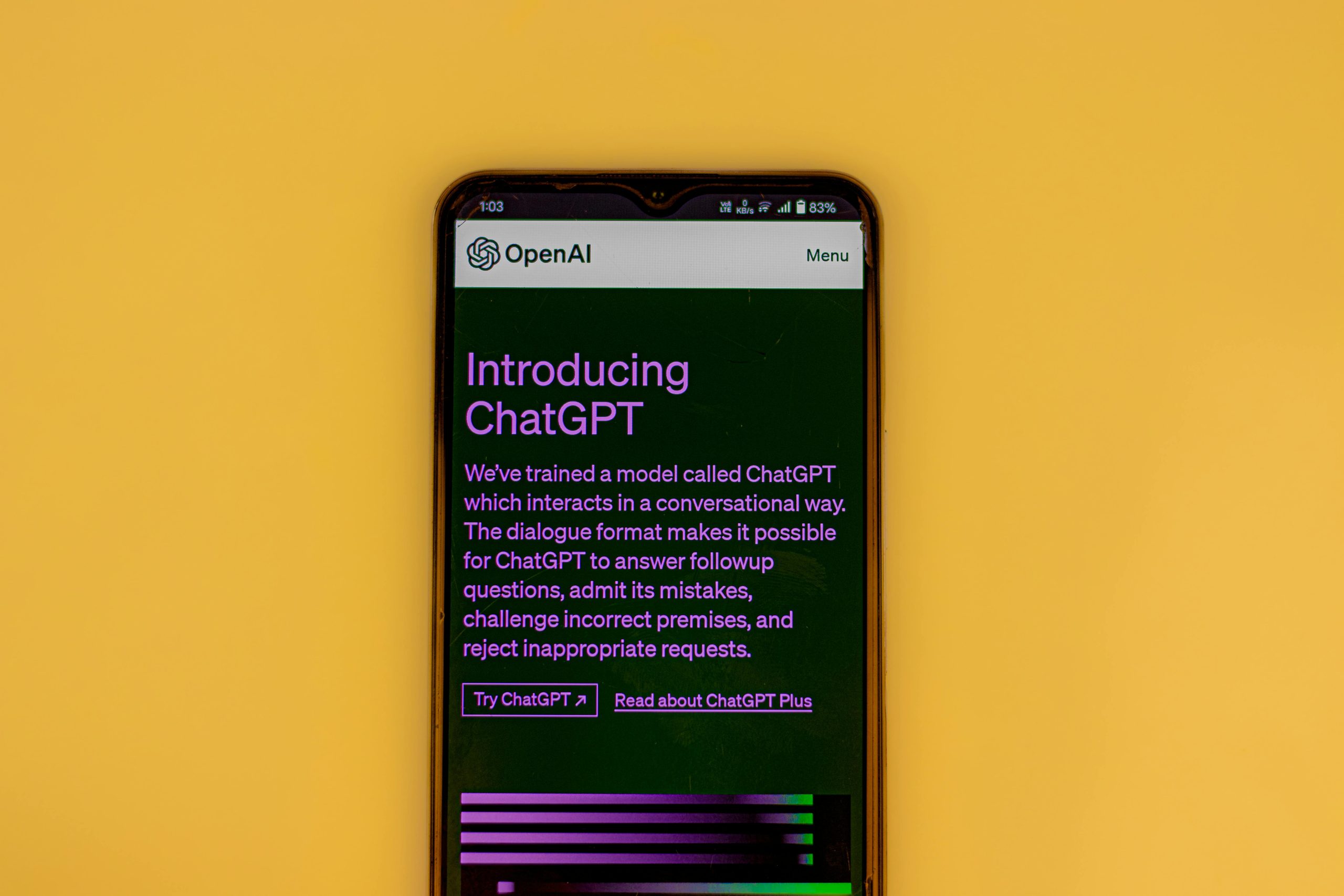Gemini 2.5 Pro – persistent issue with wrong function names at the and of code files.
Understanding Persistent Function Name Discrepancies in Gemini 2.5 Pro: Challenges and Implications
Introduction
In the evolving landscape of AI-driven code generation, tools like Gemini 2.5 Pro aim to streamline the development process by automating code creation and modification. However, users often encounter subtle yet persistent issues that can impact productivity and code quality. A notable problem observed with Gemini 2.5 Pro involves consistent discrepancies in function names at the end of code files, which, despite being straightforward to correct, can cause ongoing frustration.
The Nature of the Issue
A typical scenario involves comparing the generated code with manually reviewed changes using version control diff tools. For example, consider a snippet of code intended to create a server response:
Expected (Correct):
rust
let response = ServerResponse::new(ResponseStatus::Success, ResponsePayload::Info { message });
Generated by Gemini:
rust
let response = Server_response::new(Response-status::Success, Response::Payload::Info { message });
As illustrated, the generated code contains anomalies such as mismatched function names and inconsistent naming conventions (e.g., underscores vs. camelCase) and spacing issues. Although these discrepancies are relatively minor and easy to fix directly within the diff view, their recurring nature is a source of frustration for developers relying on cleaner, more reliable code outputs.
Underlying Causes and Challenges
While the core functionality remains intact, these inconsistencies highlight a gap in Gemini’s self-verification or post-generation validation capabilities. Interestingly, Gemini’s internal explanations for such issues are often accurate—acknowledging the corrections needed—but the model appears to treat code generation and code validation as separate processes. This separation results in a situation where Gemini can produce syntactically correct suggestions but cannot reliably verify whether its output aligns perfectly with the expected function naming conventions or stylistic standards.
Implications for Developers
Persistent minor errors like these—though seemingly trivial—can accumulate and hinder development workflows. Developers expect AI-generated code to require minimal manual intervention, especially for small syntactic issues that distract from larger productivity goals. The inability of Gemini to self-verify and correct its own output automatically can lead to unnecessary human oversight, reducing overall efficiency.
Moving Forward
Addressing these issues would involve enhancing Gemini’s internal validation mechanisms, enabling it to cross-check generated code against expected patterns and perform automatic self-corrections for minor inconsistencies. Such improvements could transform Gemini into a more autonomous and reliable assistant, reducing the cognitive load on developers














Post Comment